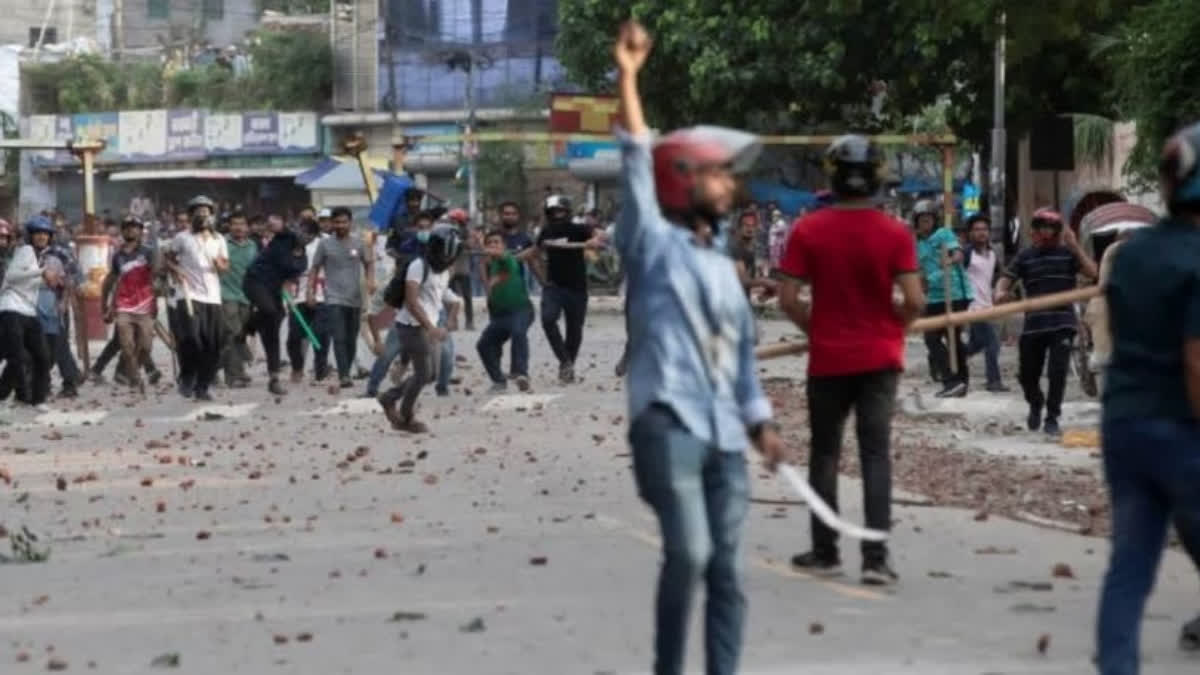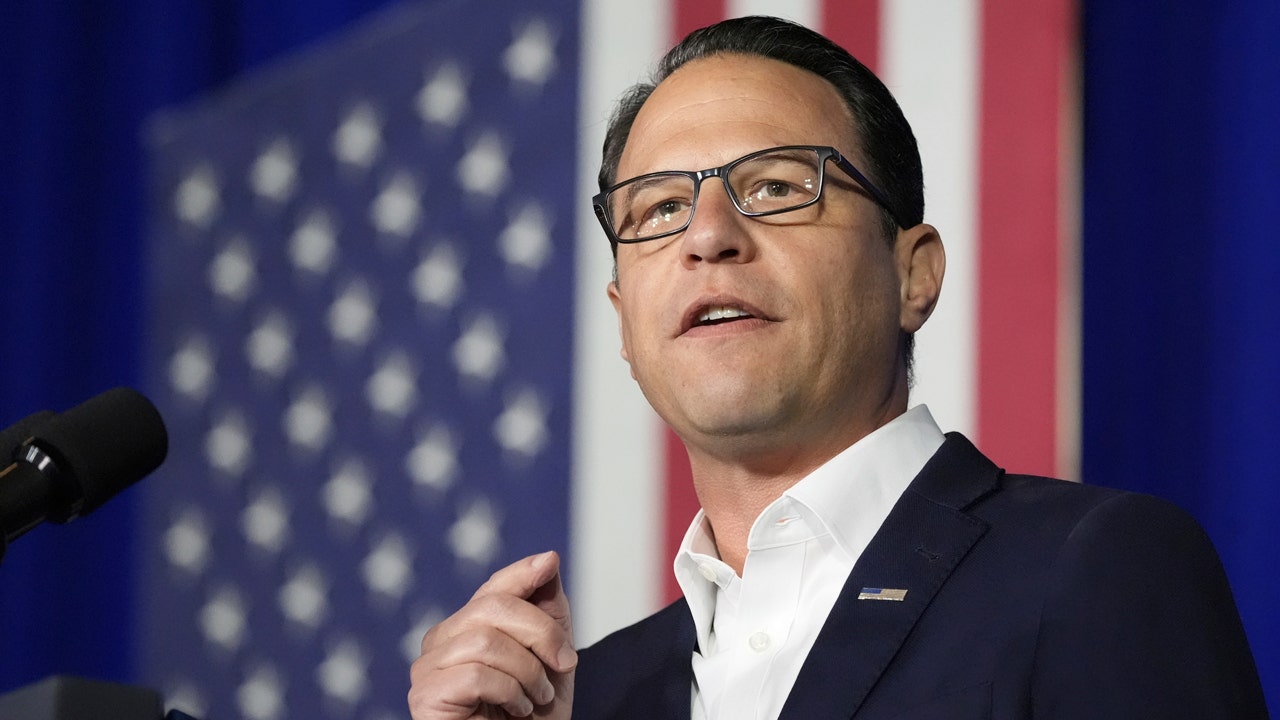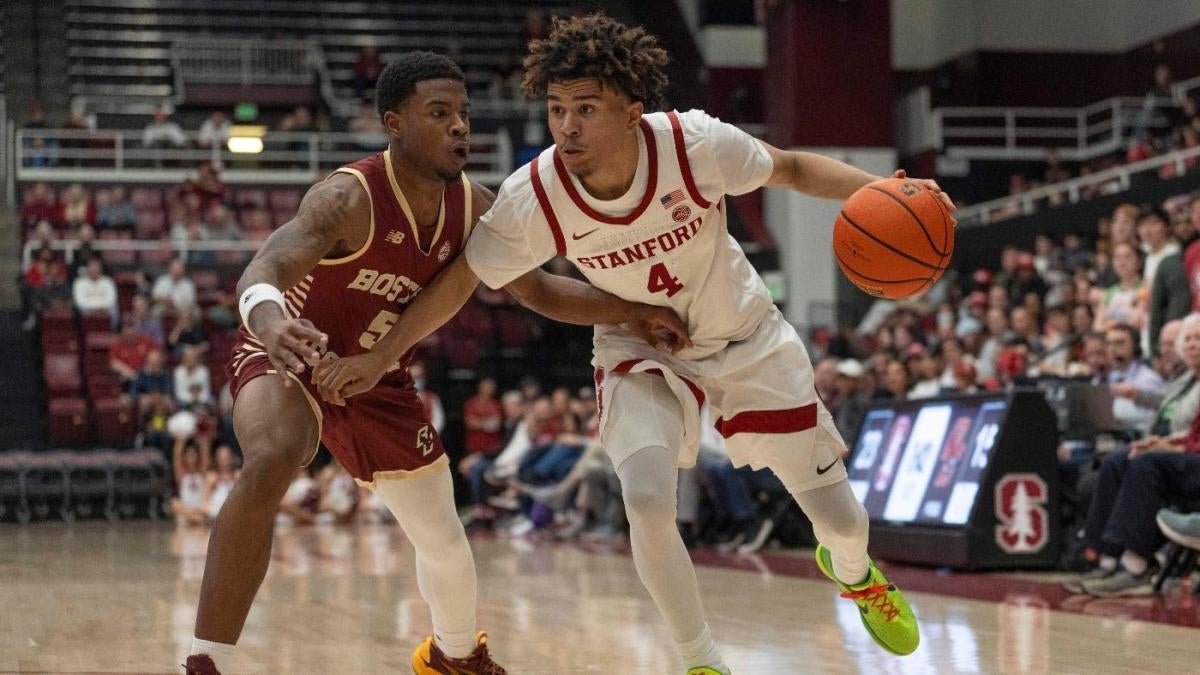The situation in Bangladesh is currently tense due to nationwide protests over the contentious civil service job quota system. Here are the key developments:
- Supreme Court Ruling: The Supreme Court of Bangladesh is set to decide on Sunday whether to abolish the civil service job quotas. This follows the High Court’s reinstatement of the quotas last month after petitions from relatives of 1971 Liberation War veterans, which sparked the latest wave of protests.
- Extended Curfew: A strict curfew, initially imposed on Friday to control the unrest, has been extended until 3 pm on Sunday, after the Supreme Court hearing. The curfew was briefly lifted on Saturday afternoon for essential errands.
- Police Powers: Police officers have been granted “shoot-on-sight” orders for anyone violating the curfew, according to Obaidul Quader, the general secretary of the ruling Awami League party.
- Violence and Clashes: The protests began on university campuses and have spread nationwide, resulting in clashes that have led to at least 133 deaths, including several police officers.
- Quota System Controversy: The unrest is driven by a system that reserves more than half of civil service posts for specific groups, including children of veterans from the 1971 independence war against Pakistan.
- Educational Shutdown: The government, led by Prime Minister Sheikh Hasina, has closed all public and private educational institutions indefinitely, disrupting the lives of many students, including nearly 1,000 Indian students who have returned from Bangladesh.
- International Concerns: The US State Department has warned Americans against traveling to Bangladesh and is removing some diplomats and their families due to the civil unrest.
- Government Response: Prime Minister Sheikh Hasina has compared the protesters to collaborators with Pakistan during the 1971 war and has imposed a communications blackout, blocking all internet and social media access since Thursday night.
The protests have grown from a specific grievance about job quotas into a broader movement against Hasina’s government, which has been in power since 2009. This unrest represents some of the worst violence in Bangladesh in over a decade. Sheikh Hasina has defended the quota system, emphasizing the need to honor veterans for their contributions to the independence war.













